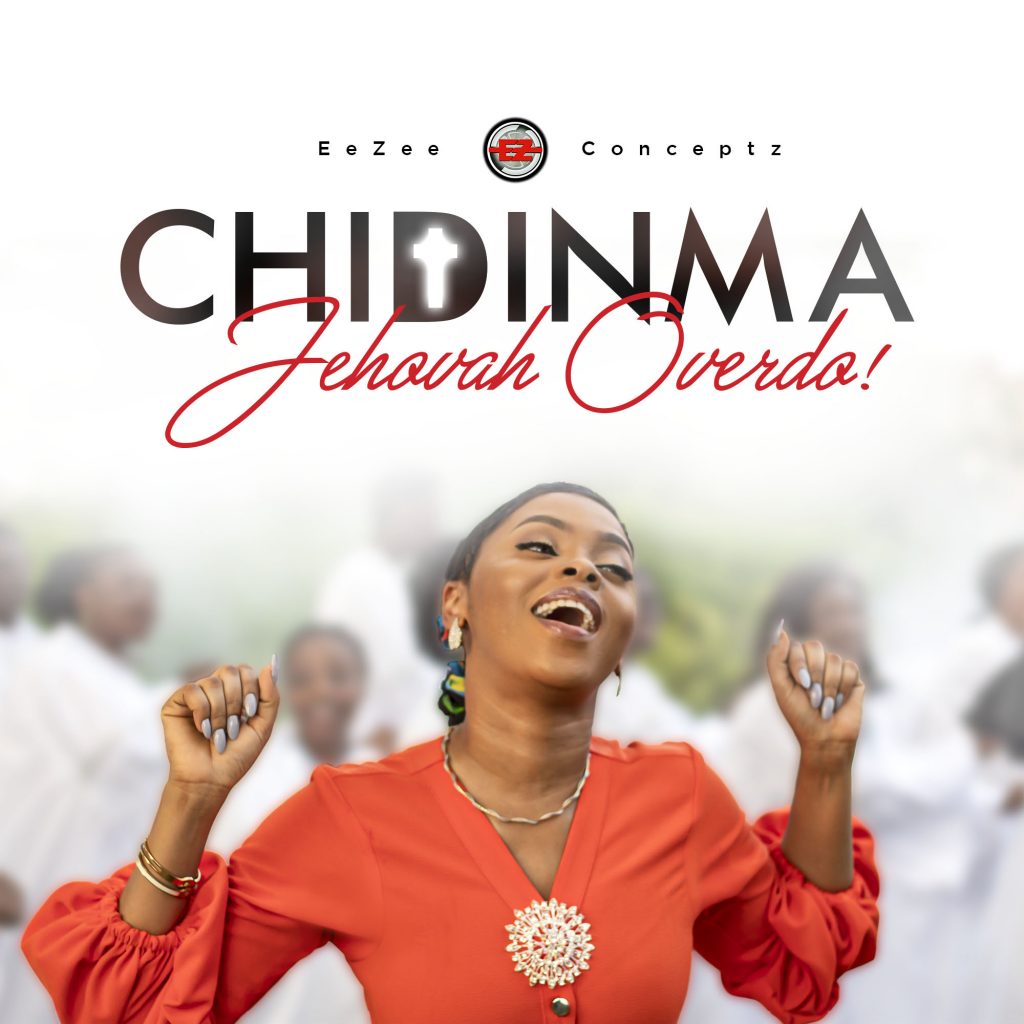 |
| Bounty Killer. Source: Radioduplicate.com |
Bounty Killer is a globally known Dancehall artist from Jamaica. His opinion was sought regarding what is perceived to be the dominance of Afrobeats over Dancehall. He talked with a vague tone, leaving people wondering where he stood on the matter. According to him, Afrobeats and Dancehall complement each other, rather than compete against themselves. They are all black music and Jamaicans are proud that Africa has come up with something as powerful as Afrobeats.
Yes, at the
bottom of Jamaican popular music, be it Dancehall or Reggae, there is the
glorification of Africa. But then, Bounty slid into something that seemed to
suggest that he was mocking Afrobeats, saying that Dancehall artists are stupid
and should blame themselves for making music lacking meaning and intellectual
content. He mimicked Burner Boy's line from the song, Ye, which says "ye
ye, ye ye ye ye ye ye ye ye," saying that it has meaning, something that
people can relate to. Then he scolded Dancehall artists, referring to them as
stupid for making music with zero intellectual content and meaning, something
that doesn't mirror everyday life that should enable people to relate to the
music.
The hint in
that rant is that Afrobeats artists are stupid for making music without
intellectual content and meaning –this has been the loophole of Afrobeats,
something that critics of the genre often cite. On the contrary, Dancehall and
Jamaican music as a whole is celebrated for its powerful intellectual content.
It is the reason why the word "conscious" cannot be separated from
conversations around Jamaican music. It is the tradition of Jamaican music that
came from the history and circumstances that shaped Jamaican culture.
What I deduce
from what Bounty Killer said, is anger against something that became a spoiler
to the industry that puts meals on his table. While Afrobeats was spreading,
the Jamaican opposition leader was quoted to have said that Afrobeats was
eating Jamaica's meal. I have had a debate on social media with a Jamaican who
said he doesn't know what Burner Boy says in his songs, despite claiming he
sings in English. It tells you that this is the question Jamaicans often ask
–the question of why is it that what people are embracing is something that
lacks depth in meaning. I am Nigerian, I know this is truly the weakness of
Afrobeats and I have, at one point, criticized this, becoming silent only after
the genre found global acceptability.
So, why is Afrobeats getting global attention and recognition despite its perceived intellectual weakness? Most time, when people turn to another nascent genre, it isn't because existing genres have failed in any way. It is merely because it is something new – people often turn their attention to what is new and trending. Talking about black music, I have often hailed the extremely high intellectual quality of American Soul, Hip Hop and Jamaican music. However, the ingenuity of a music artist isn't only seen in his intellectual quality. It is also about intricacy, groove, melody and rhythm. Afrobeats artists bring this to such a scale that the world cannot help but notice.
Yiro Abari Pede is the author of How to Become a Music Maestro.






